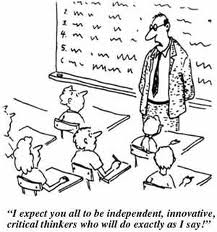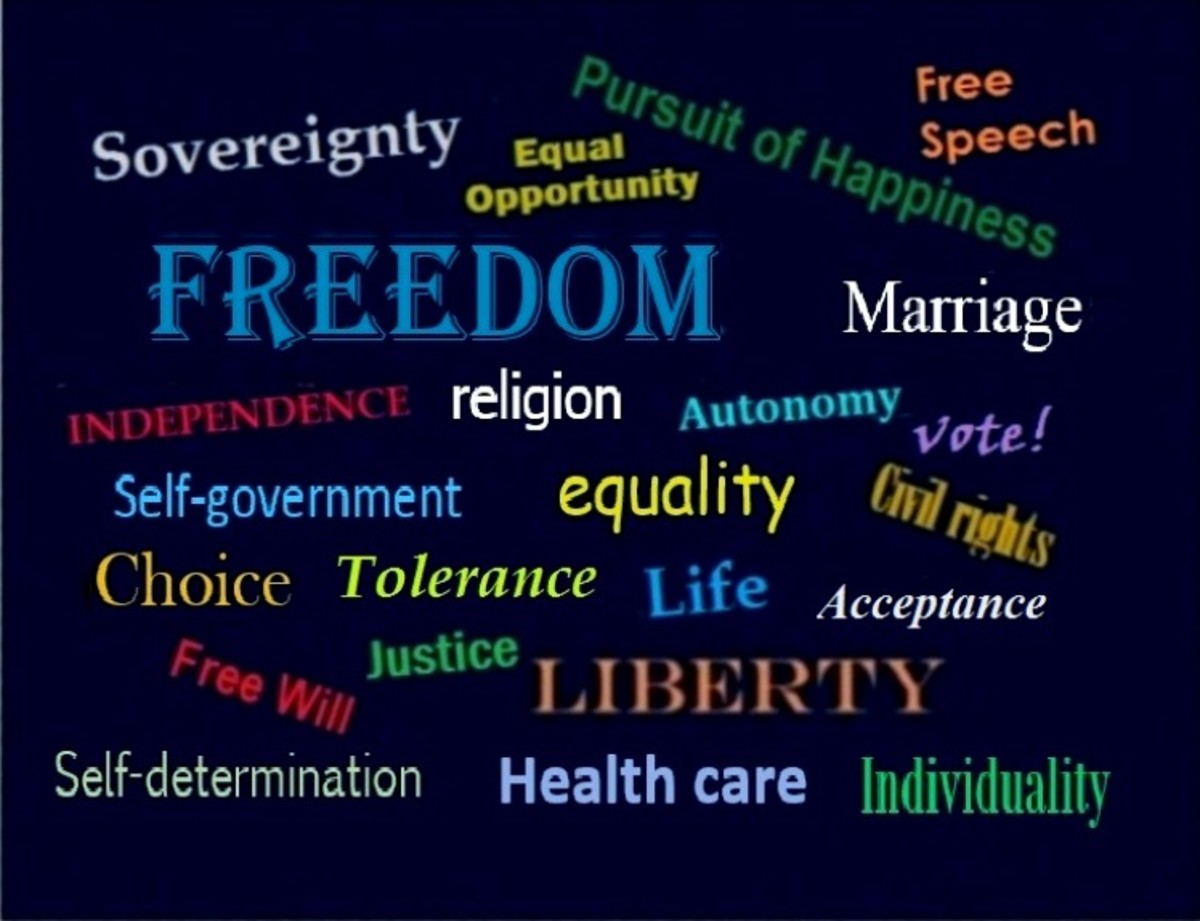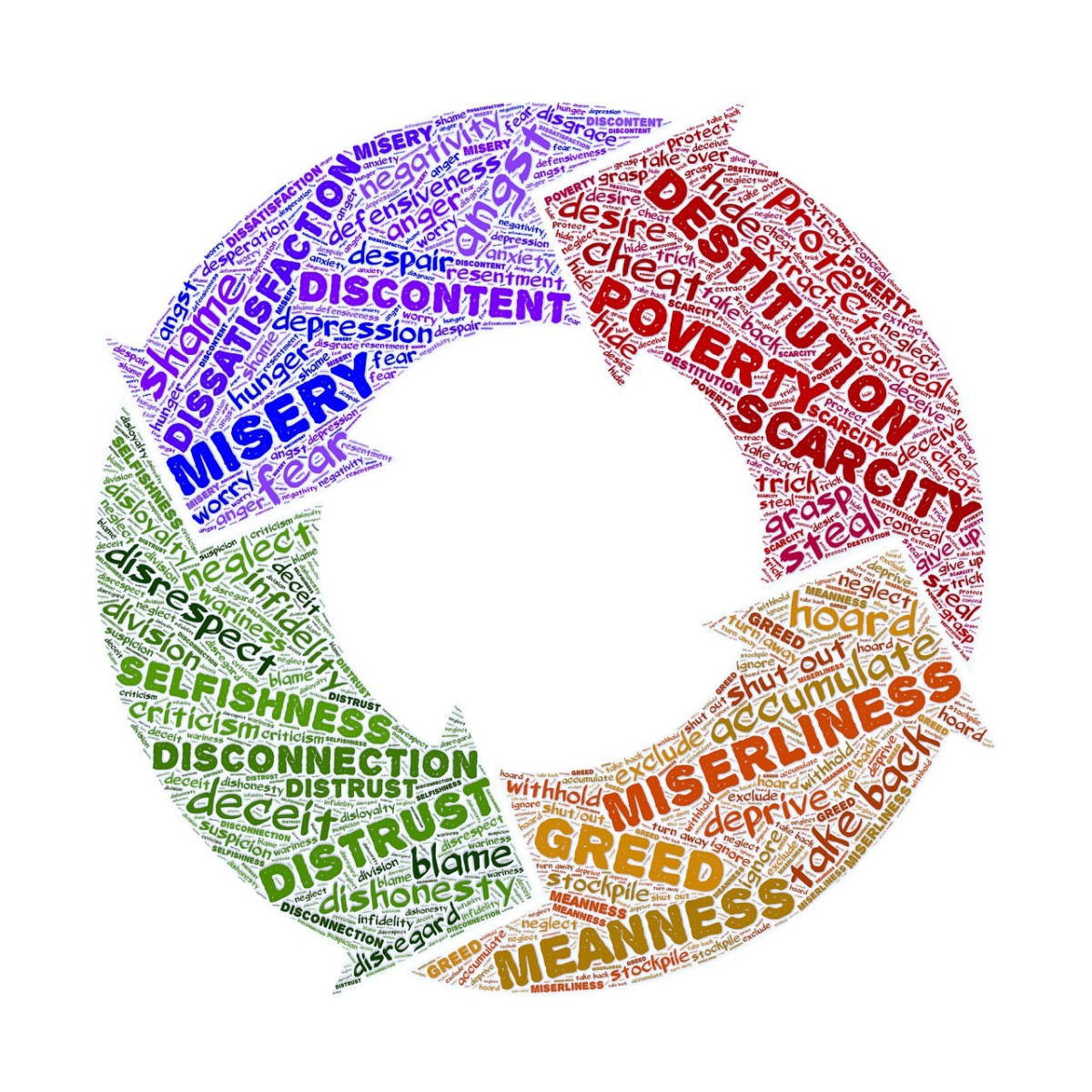Is Education a Right?

The Ultimate Cinematic Rebellion Against Compulsory Education
Is Education a Right?
Throughout our history, Americans have struggled with the question of what constitutes a human right What do people deserve by virtue of being human, and what are merely privileges reserved to those who have earned (or can afford) them? This is a core question in some of the most difficult political issues of our time, issues such as health care, welfare reform, homelessness, and education.
One of the first attempts to clarify the rights of Americans was the adoption of the Bill of Rights. These first ten amendments were an attempt to set limits on the newly formed, much more powerful national government that was created by the Constitution. These are essentially political and legal rights, with some amendments guaranteeing the rights of individuals to voice political dissent and most of the others ensuring that the government cannot indiscriminately arrest and punish people. Freedom of religion and the right to bear arms were also implemented in order to make sure that the government did not impose a certain belief system, aided by a monopoly on gun ownership.
What you have with the Bill of Rights, then, is a list of things that the government is not allowed to do, and I, like most Americans I assume, am glad that they are there. What you do not see in the Bill of Rights, however, is a list of things that the government is obligated to do. So the Constitution guarantees a right to freedom of speech, the press, religion, a fair trial, and gun ownership. It does not guarantee, however, a right to have food, a house, adequate health care, and an education. So if you were to ask most Americans to make a list of their most basic needs, they would find that there is no legal guarantee of being able to meet them.
When our country was formed, most Americans did not expect or really want the government to do very much. Government basically existed to maintain order, defend the nation, and lay the basic groundwork for a functioning economy - transportation, stable currency, communication, etc. Today, government at all levels takes on responsibilities that people in early American history could hardly imagine. The federal government provides various forms of aid with Social Security, provides medical insurance to the poor and elderly, and distributes various forms of financial aid and other benefits to the poor. State governments, in addition to contributing to this newly emerged “welfare state,” spend enormous amounts of money providing free and mandatory public education, something that was unheard of in early American history. In a sense, this paragraph has answered the question that I started with. Apparently, the people of the United States have come to the conclusion over time that Americans have a right to meet their basic human needs. Well, we have sort of come to this conclusion.
Compared to the majority of industrialized nations, the welfare state of the United States is still fairly limited. We are the only industrial nation that does not have a national health care system for all. The government will help you out if you are poor enough, old enough, or disabled, but if you do not fit these categories, and you work in a job that does not provide insurance, good luck. Even when (or if) the new health care bill goes into effect, millions will still be uninsured. Welfare benefits may be available, but they are generally more limited than those provided by other countries, and in recent years, welfare reform laws have set limits on how long a person can collect benefits. Our nation does provide public education, but only up to a point. When you get to the college level, the free ride (sort of) ends.
Until fairly recently in American history, college was a luxury largely enjoyed by a privileged elite. Today, some sort of higher education degree is increasingly mandatory for a person who wants to find a decent job. In a sense, this is nothing new. Public schooling originally developed in the 19th century in response to our country’s gradual transition from an agrarian to an industrial society. Our country needed more white-collar workers – engineers, office workers, professionals – who needed to master at least some basic academic skills to do their jobs. When we were a country of farmers and manual laborers, there did not seem to be as much of a need for an educated work force. (Remarkably, however, American literacy rates were extremely high in spite of a lack of mandatory public education.) School was not made free and mandatory to do citizens a favor; it was done to make sure that we did not have a bunch of useless people running around in this increasingly industrial society.
Initially, people were only required to go to grammar school. Then, as the accumulated knowledge of society grew and as parents increasingly found themselves working away from home, public high schools became increasingly common and mandatory. (Schools are, after all, effective baby-sitting institutions.) This trend toward the average American spending increasing time in school continued through the 20th and 21st century, and now many Americans see college as absolutely mandatory. Does this mean that government has taken on the responsibility of providing a college education to everyone who wants one?
To a certain degree, the government has taken on this responsibility. Public universities are common throughout the United States. And while these institutions are by no means free, in comparison to the costs of attending a private university, they are a pretty good deal. An even better deal is the ultimate example of the government funded college education: the community college. In California, community college fees were recently raised to $26 per unit, which is remarkably cheap. During this time of state budget deficits, however, there is increasing concern that in my state and throughout the nation governments may increasingly move away from the concept of a publicly subsidized college education. In California, not only have fees been going up, particularly in the Cal State and UC systems, but schools have also been admitting fewer students. This has led many students to turn to community colleges, where fewer classes are being offered. Demand for low-cost classes has outstripped supply, and there are no simple answers.
Some Americans who question the whole idea of a publicly funded college education would argue that this “crisis” is not really a problem. After all, why should some Americans pay taxes to subsidize the education of other Americans? Some make the same argument about public education at all levels. Why should parents whose kids either go to private school or are home-schooled pay taxes to support public schools? Essentially, this is the same argument used by Americans who complain about all aspects of the welfare state. The United States, after all, has a long tradition of believing that individuals must be personally responsible for meeting their basic needs. At the same time, however, there is the more recent tradition of government being held responsible for guaranteeing, to a certain degree, that Americans have these basic needs met. This American ambivalence toward government aid can be seen in many of the most intense political debates in America today, and it is not at all clear how this will be playing out in the next few years.
Public education advocates can use a variety of arguments in their attempts to maintain or increase government investment into education. They can compare the amount of money spent on education to other government programs, arguing that priorities may sometimes be out of whack. They can appeal to people’s love for children, mixing this with good old-fashioned guilt through questions like, “Aren’t our children worth it?” They can also use the human rights argument, claiming that a just society is obligated to meet this basic human need.
These education advocates should probably avoid these types of “bleeding heart,” “liberal,” emotional arguments. Any argument that does not recognize Americans’ historical ambivalence toward the idea of government aid will not be particularly effective. Instead, they should focus on the practical benefits of public education. Investment in education not only leads to a more productive economy for everyone; it also reduces the number of unproductive, potentially dangerous people in our society. Americans have always been comfortable with the idea of a government that promotes economic development and provides security for its citizens, so why not emphasize these functions of government that almost everyone agrees are legitimate. In the long run, education may even save the government money. It is cheaper, after all, to educate someone then it is to house that person in jail for decades.
So is education a right? I must admit that I am somewhat ambivalent on this question, just as I am with all questions involving government aid. I don’t know if certain members of society should be obligated to pay taxes in order to help meet the needs of others. In the end, however, I find this question regarding human rights somewhat irrelevant. When dealing with political questions, it is best to not get bogged down in discussions about general ideals and abstractions. I prefer to be practical. And when I look at this question in practical terms, I conclude that a society that provides the opportunity for people to become educated and successful is probably a nicer place to live than one that does not. So I am therefore willing to have some of my tax dollars go to this purpose. Is this an entirely fair and efficient way to do things? Probably not, but it is better than the apparent alternatives, and in politics, choosing the best of the flawed options is all that you can do.








